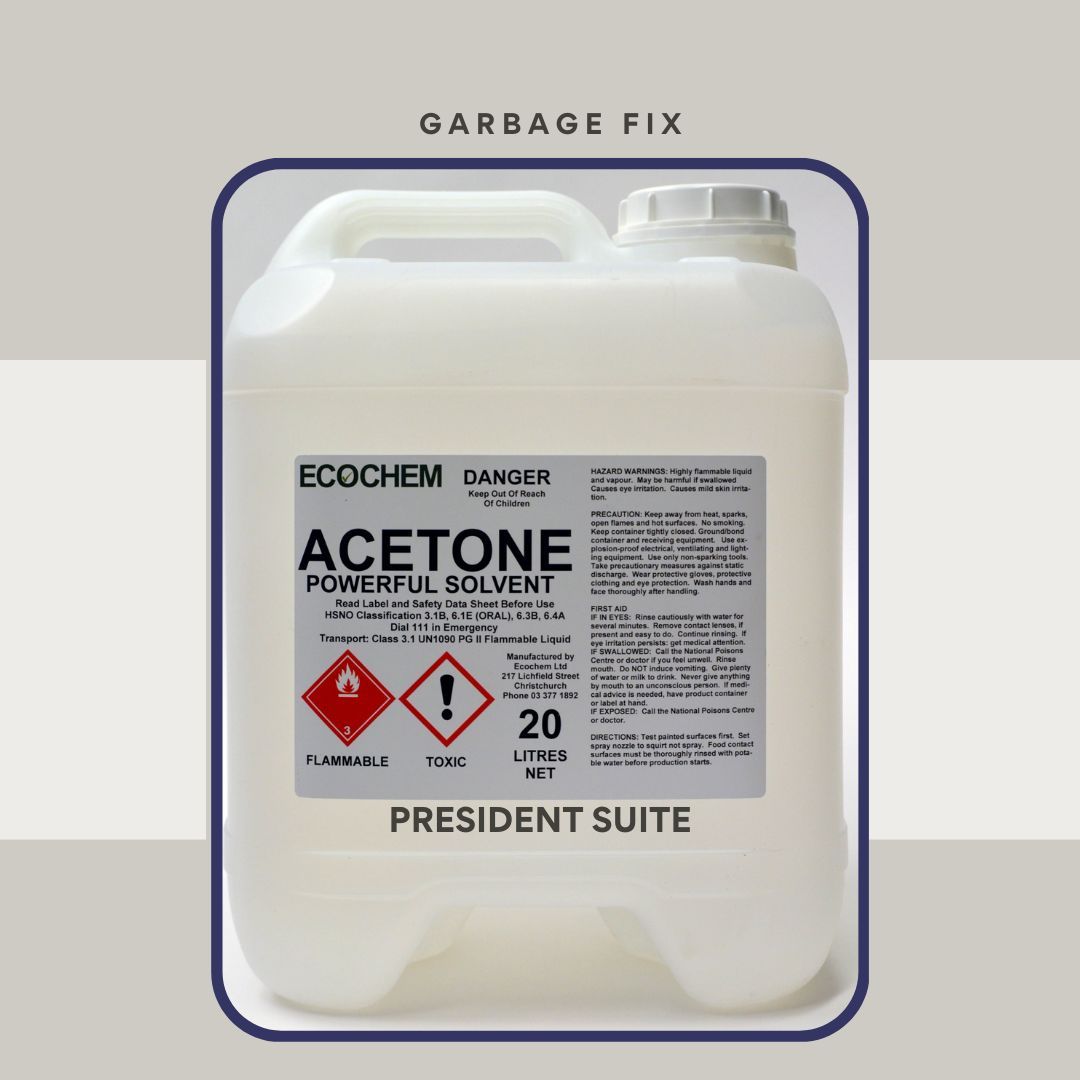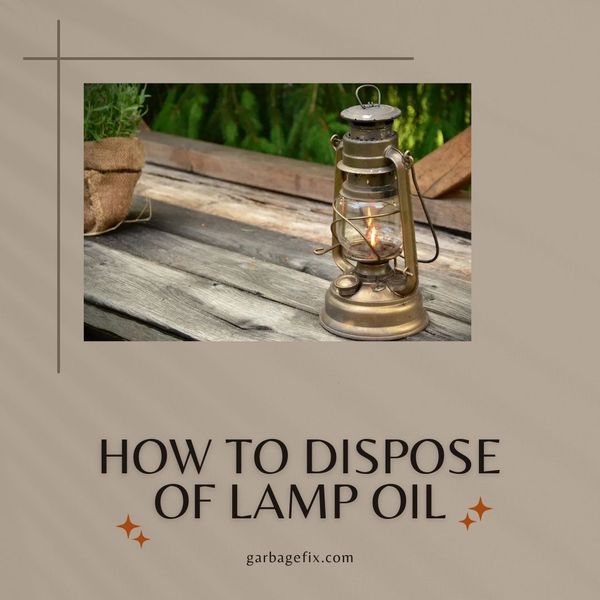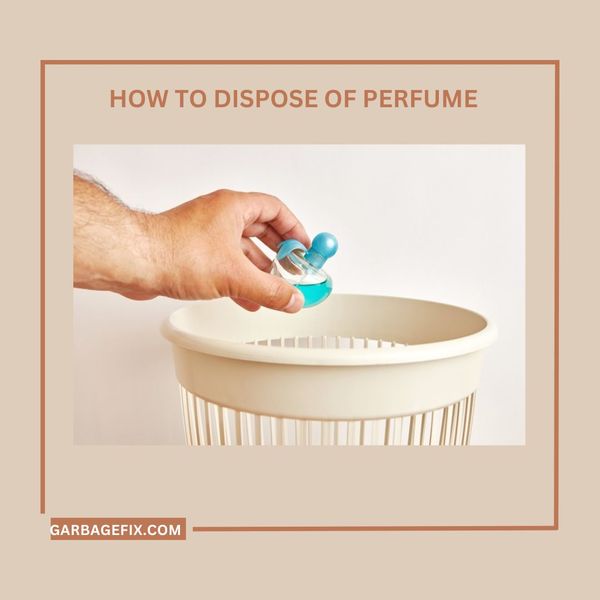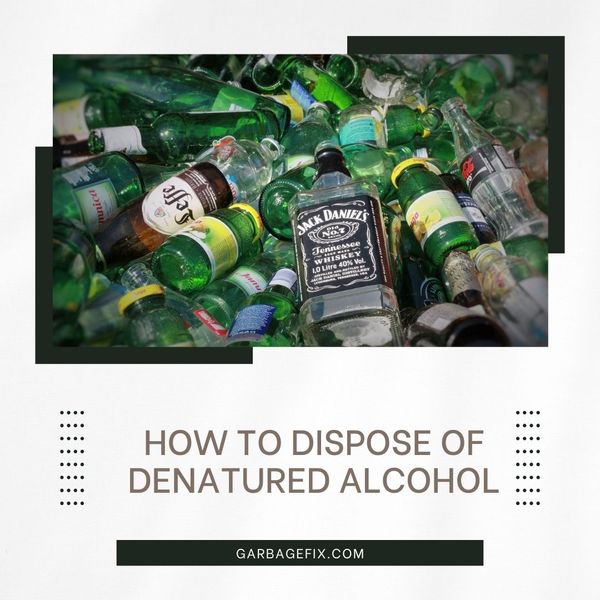When it is improperly disposed of, acetone can create hazardous fumes.
When these fumes are released, they can cause several health problems, including pneumonia.
This blog will teach you how to dispose of acetone so that you do not unintentionally harm yourself and the environment.
How To Dispose Of Acetone? - A Complete Guide
Acetone is a common solvent used in many products like nail polish and nail polish remover.
Disposing of acetone can be tricky.
It is hazardous waste, so it is important to dispose of it properly.
Here are a few methods for how to safely dispose of acetone.
Read The Labels On The Acetone Container
Acetone is a flammable liquid, so you must take all the necessary steps to dispose of it properly.
Before you dispose of it, make sure that you have read the labels on the container to find out what the proper disposal method is.
Once done, you can follow these steps to ensure that it is disposed of properly.
How Do You Dispose Of Acetone Waste?
The first step in disposing of acetone waste is to use a specially marked container.
If you do not have one, create one by cutting off the top of an empty water bottle and pouring in some acetone.
You should label the container with instructions on safely disposing of your unwanted product.
Next, follow all instructions on the container as they relate specifically to your situation and locality.
Do not pour down drains or into storm drains.
It can clog them up and cause flooding in areas with no sewers, such as rural areas.
Instead, use a garden hose or pour over a bin instead, if possible, before discarding into appropriate disposal.

How Do You Dispose Of Expired Acetone?
If you have excess acetone, here is how to dispose of it safely:
- Do not put expired acetone down the drain. It could clog pipes and cause serious damage.
- Do not put expired acetone down the toilet because it can break down into toxic fumes that harm humans and animals.
- Never pour expired acetone down the sink because this will make more waste products for your home to deal with later when they inevitably overflow from their containers.
Dispose Of Acetone At A Hazardous Waste Collection Facility
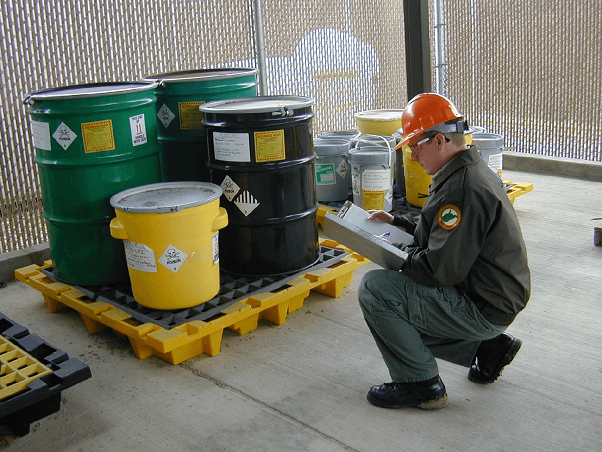
The best way to dispose of acetone is at a hazardous waste collection facility.
You can purchase a hazardous waste container or call your local government office and ask if they provide free drop-off sites.
Make sure that your local landfill accepts hazardous waste.
Can You Put Acetone Down The Drain?
Acetone is a solvent and can cause damage to the environment if it gets into the water system.
Putting acetone down the drain is not recommended, as it could damage your pipes and equipment.
In addition, because acetone has a low boiling point, about -17 degrees Celsius, it will evaporate from your faucet slowly over time.
Can You Empty Your Acetone Container?
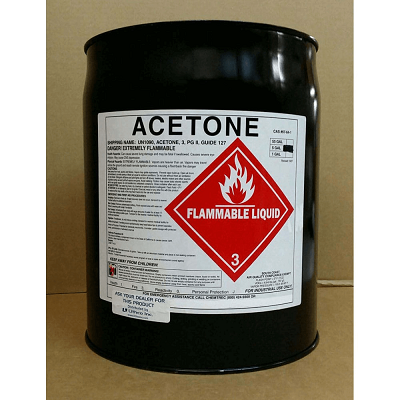
There are two main reasons why you should not empty your acetone container.
- It can dissolve the container itself.
- It can also dissolve plastic.
If you have a lot of acetone and want to get rid of it all at once, do not try emptying it. You will end up with more mess.
Instead, put your now-empty acetone bottle into a large bucket or another receptacle filled with water or sand.
The heat from the chemical reaction will evaporate most of what is left in less than an hour.
Can You Get Rid Of Acetone Using A Septic System?
The answer to this question is no.
Acetone is not a good idea for the septic system and can cause significant damage if used in your home.
If you have a septic system installed at your residence or business location, there is no way around it.
You will need professional assistance from experts who know exactly how much liquid should go down each drain line without becoming too dense or causing clogs elsewhere.
These professionals will also tell you that materials should never be added to any part of our plumbing system because they'll only create problems below.
Exercise Caution
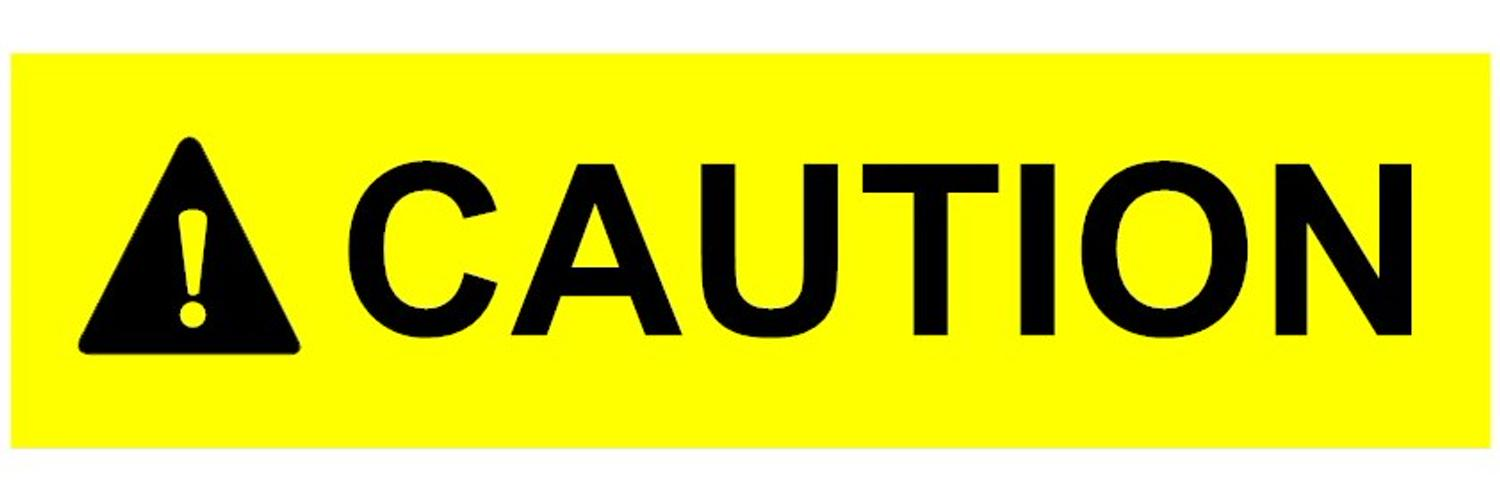
You should be careful about how you dispose of acetone.
It is also an ideal solvent for many chemicals, including nail polish remover, paint thinner, and other household cleaners.
Acetone can damage the environment by dissolving plastic containers disposed of in landfills or dumped into storm drains.
Once exposed to air over time, these containers will break down into smaller pieces which can then enter our waterways, where they are consumed by fish or other aquatic life forms living there.
Our Final Words
Dear reader, we hope that we have provided you with enough information on how to dispose of acetone.
As you can see, acetone disposal is a complicated and dangerous process that you should only attempt with extreme caution and care.
As described above, there are many safe and responsible ways to dispose of acetone.
Do not hesitate to contact your local waste authority if you have questions about acetone disposal.


